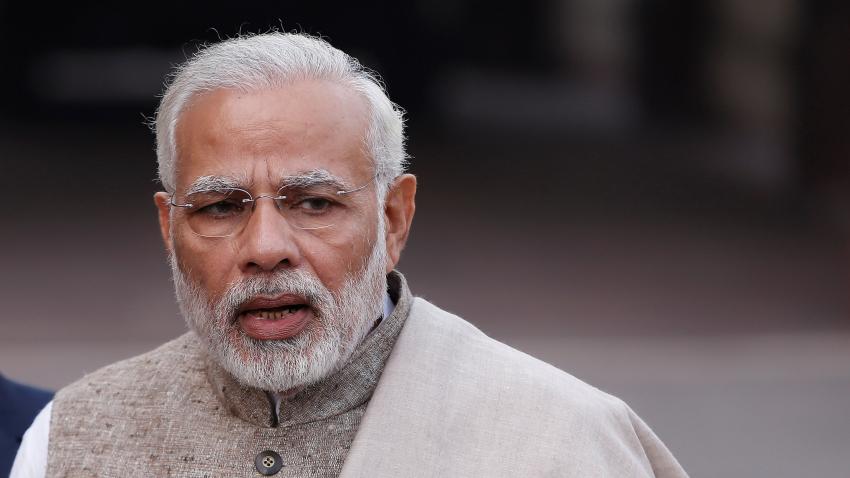By Administrator_India
Prime Minister Narendra Modi urged Indians to comply with a nationwide lockdown and social distancing measures on Sunday, a day after some of the world’s toughest restrictions were eased slightly while cases of COVID-19 continued to mount.
In a radio address, Modi said the country was in the midst of a “war” and the country’s 1.3 billion citizens should not be misled into believing the spread of the virus had been brought fully under control by more than a month of lockdown.
“We should not be trapped into over-confidence and nurse the belief that coronavirus has not reached our city, our village, our streets, our office, and so will not reach them,” Modi said.
India’s high population density, poor sanitation infrastructure and high levels of internal migration have raised concern over the spread of the virus. The country has reported 26,496 cases of COVID-19, the disease it causes, and 824 deaths.
The authorities have set up teams to focus on compliance with lockdown measures imposed on March 25, but experts fear they have not been able to contain the spread of COVID-19.
“Physical distancing, covering the face with a cover or a mask and washing our hands again and again will be the biggest medicine to fight this disease in the days to come,” Modi said.
The lockdown, in which domestic and international travel is banned and factories, schools, offices and all shops other than those supplying essential services are shut, is slated to end on May 3, but authorities may extend it.
On Saturday, India allowed some small shops in residential areas to reopen with half the usual number of staff members working at any one time wearing masks and gloves.
The government announced a spending package of 1.7 trillion rupees ($22.29 billion) in March and told Reuters on Friday it was offering food and cash for essentials to poor and marginalized people and had set up relief camps in various parts of the country.
The $2.9 trillion economy, already slowing, may end up not growing at all in the fiscal year that began on April 1, private economists say, putting further pressure on jobs.

